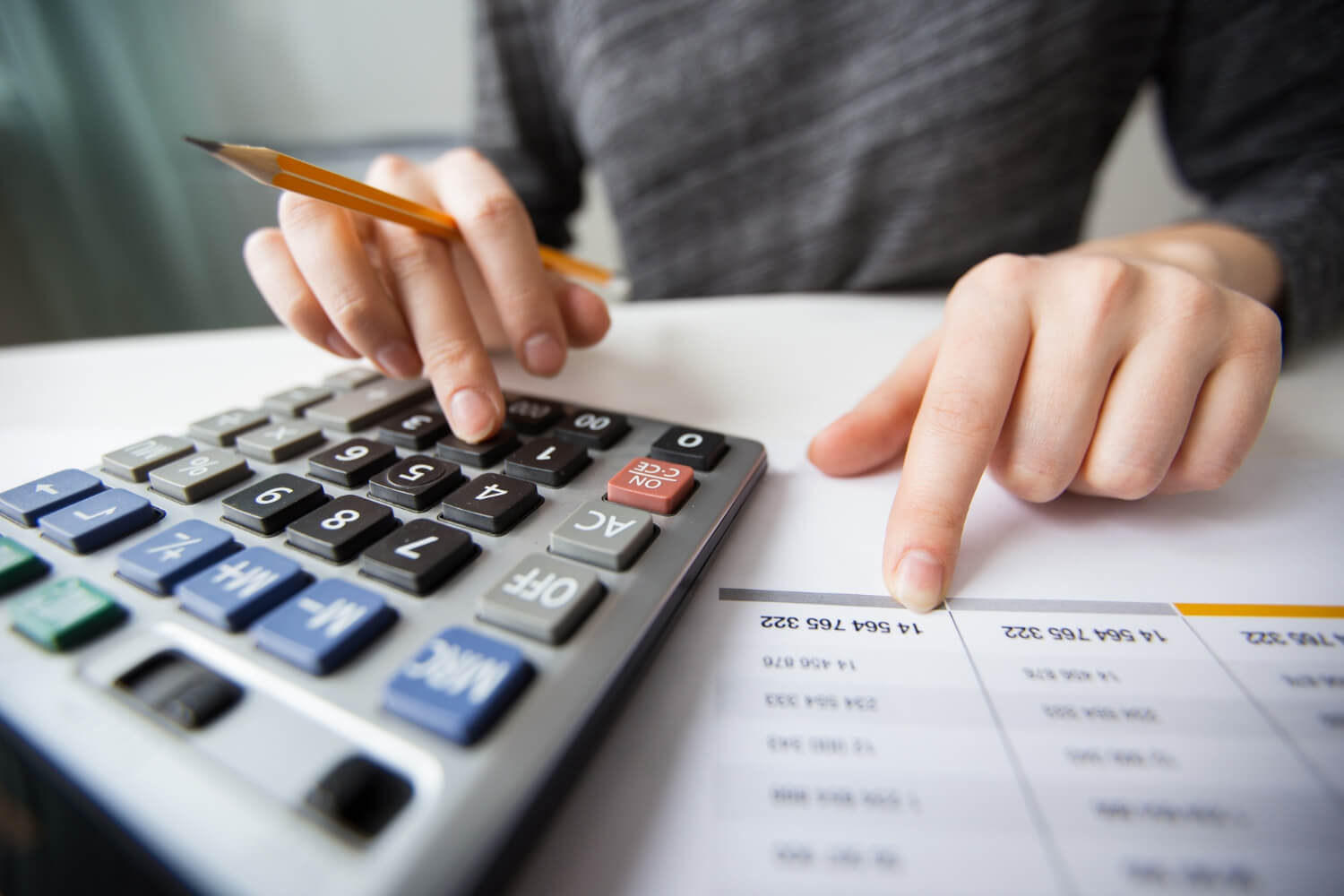Every small business will reach a point when it can no longer function without accounting help. With so many critical business decisions to make, the sooner you engage an accountant in Carnegie or elsewhere, the better.
Accountants are essential for businesses of all sizes, from sole traders to major corporations, to function as specialist advisors and facilitators, most often in the areas of tax processing and compliance. However, depending on the accountant and their firm, they may be able to provide guidance on a range of business topics, including cash flow management, succession planning and much more.
That's why knowing how to talk about your business with a potential accountant and how to ask them questions about theirs, can have a big impact on your company's future.
Before choosing the correct accountant for you, it's a good idea to speak with at least three of them. Here's a list of important questions to ask potential accountants.
- What range of services do they offer?You want an accountant who can help you with all aspects of your accounting. All bookkeeping, compliance, financial planning and specialised tax guidance should be handled by your accountant. The more services your accountant can offer, the less work you'll have to perform. A competent accountant will relieve you of the pressure of handling your own books and tax returns in Carnegie or anywhere in Australia, allowing you to spend more time doing the things you enjoy.Make sure your potential accountant has the knowledge and experience to manage all of your accounting demands, no matter how complex they may be. It's even better if they have prior experience in your sector or niche.
- What are their qualifications?The CPA (Certified Practising Accounting) and CA (Chartered Accountant) are two accounting credentials in Australia. Professional accounting organisations issue these certifications. The two credentials differ in some ways. The CA is more concerned with auditing and tax issues, whereas the CPA is concerned with a broader range of issues, including corporate strategy. When hiring an accountant, it's also a good idea to request recommendations. Remember that an accountant has a better level of understanding than a bookkeeper or a tax agent.
- Do they offer personalised services?Accounting does not have a one-size-fits-all solution. What works for one client may not necessarily work for another. Your accountant should give a personalised accounting service that is suited to your financial situation, not someone else's. Your accountant in Carnegie or other areas of Australia should briefly describe how they will meet these needs and which of their services will best fit you as you specify what you require.
- How do their fees work?While you should certainly inquire about an accountant's fees, don't limit yourself to learning about their general charges. Examine their cost structure carefully to see if there are any hidden fees you should be aware of. This could include expenses for completing tasks in a short amount of time, photocopying or postal fees, costs associated with using a specific type of accounting software and so on.Learn everything you can so you can compare fees for different accountants in a fair and accurate manner.
- How will they help you achieve your financial goals?Getting the appropriate guidance to plan for your future is one of the most significant advantages of hiring an accountant. Are you considering a large-scale investment? Considering purchasing or selling a business? Or are you merely concerned with ensuring the long-term viability of your assets?Discussing your objectives right away provides your prospective accountant with an understanding of what you're looking to get out of their services. It's critical to put out your goals from the start, no matter how far-fetched they may appear.
- Are they technology savvy?You'll want to make sure the accountant is familiar with your online accounting software, such as Xero, MYOB or Quickbooks if you've already set it up. This is necessary since they will need to log in to access or change your data at some point. You should find out if your accountant specialises in supporting a specific type of online accounting software upfront.If you come across an accounting firm that does not aggressively support cloud accounting solutions, this is a sign that they are behind the times. Cloud accounting will allow an accountant to provide virtual accounting services, including guidance, in a fast-paced company environment.
- How available will they be?Waiting for your quarterly meet-up may not always be the best option. There are few things more nerve-wracking than not being able to reach the person in charge of your finances.Inquire about the speed with which your possible accountant responds and produces reports and filings. Will they be available on short notice if something unforeseen occurs and you need to make swift decisions?Be realistic in your expectations as accountants are busy people too, but let your potential accountant know that you may require their assistance outside of scheduled sessions. Determine the best way to reach them in the event of an emergency.
Conclusion
In just seven simple questions, you should be able to determine which of your possible tax accountants in Carnegie or nearby will provide you with the finest service. Whether you're talking face to face or over the phone, it won't take long to go over these crucial characteristics and get a sense of how well you'll get along.
Remember, this is going to be a long-term relationship, so make clear expectations, set goals and most importantly, choose wisely.









 Erika Rhein, the contributing author and the professional blogger by profession. With years of experience, I now focus on writing blogs on varied niches. Being a research enthusiast, I like to provide my readers with the useful and informative articles on the different topics they are looking for. I aim to create a difference through my writing.
Erika Rhein, the contributing author and the professional blogger by profession. With years of experience, I now focus on writing blogs on varied niches. Being a research enthusiast, I like to provide my readers with the useful and informative articles on the different topics they are looking for. I aim to create a difference through my writing.
0 Comments